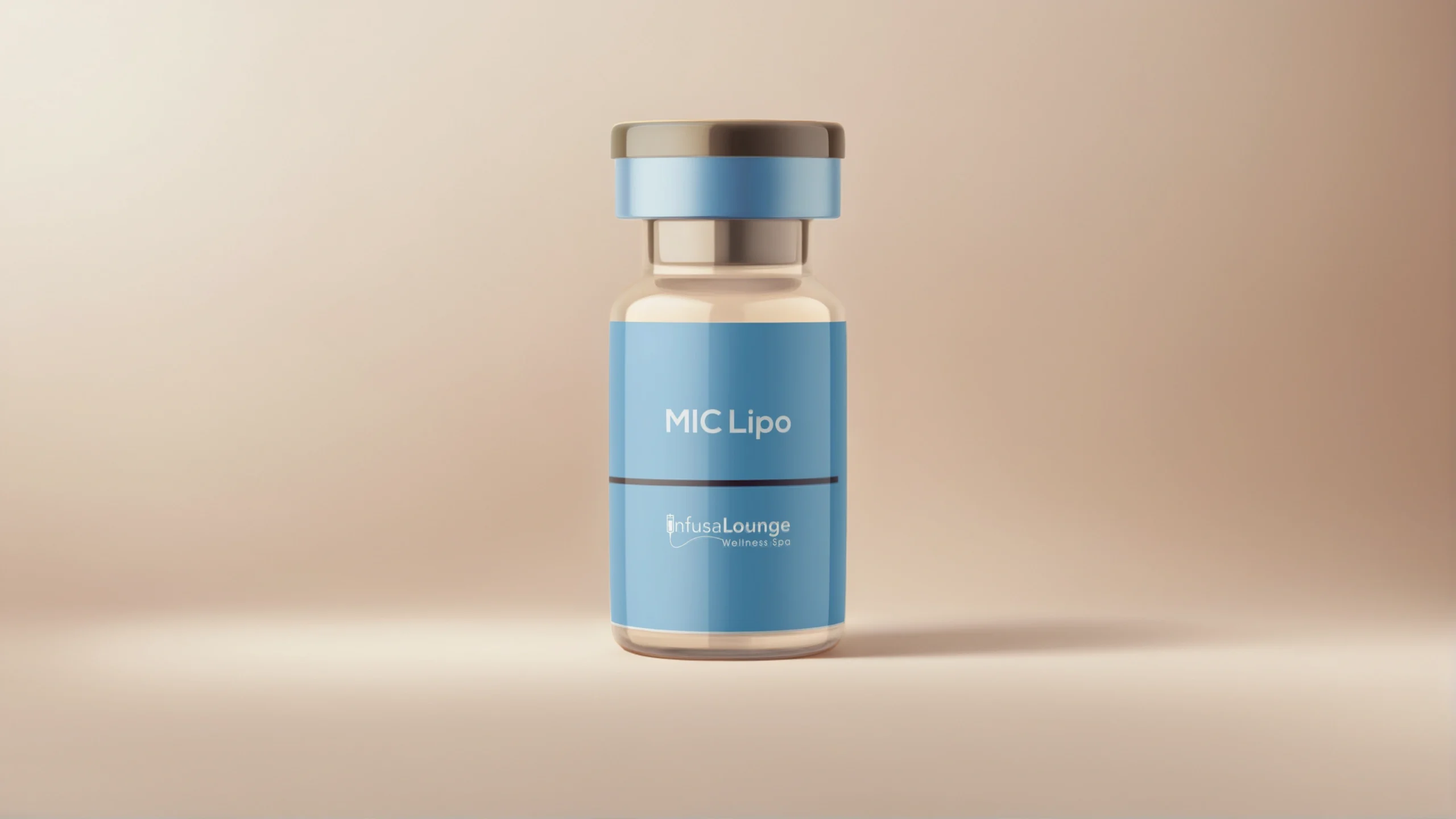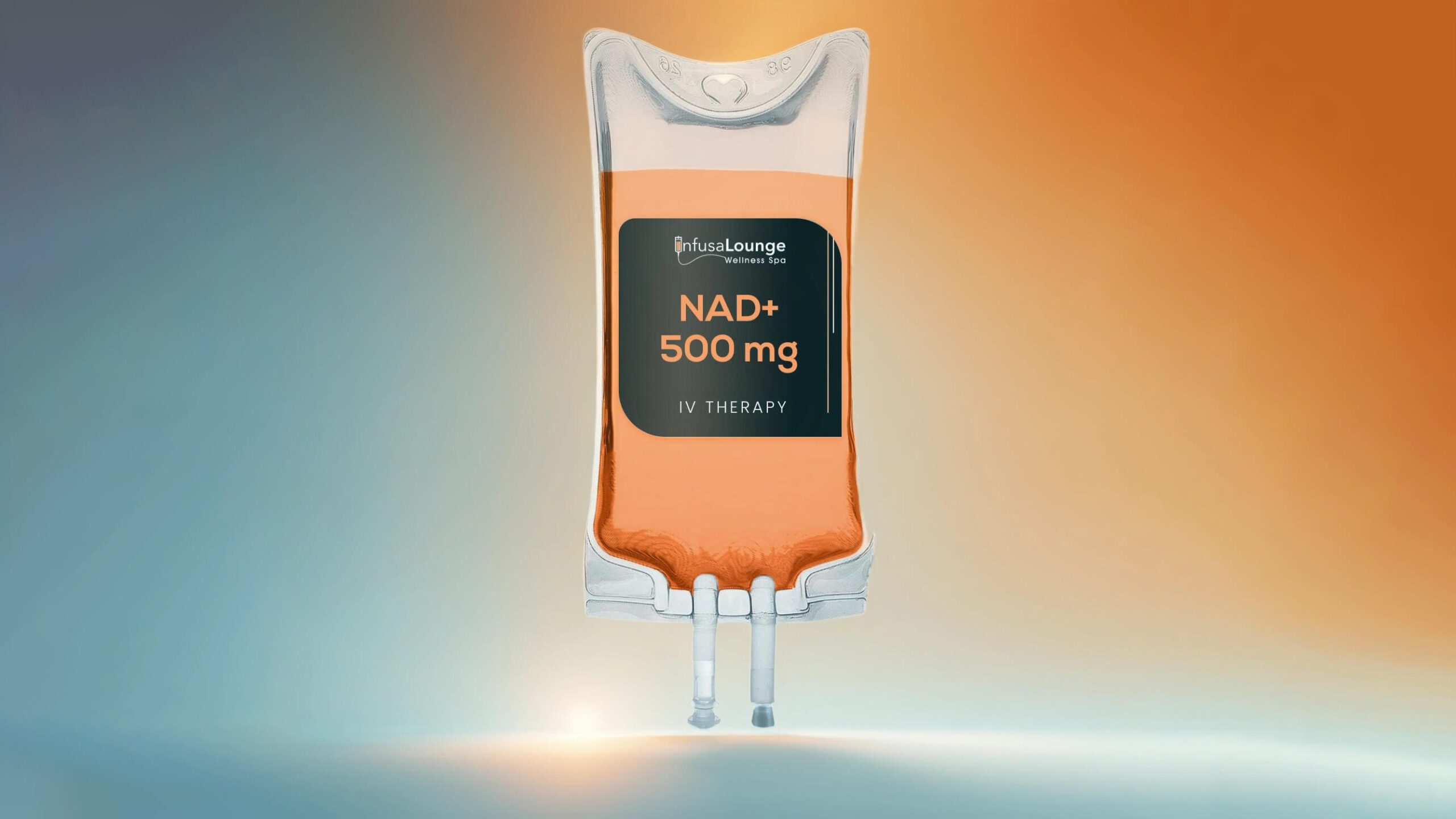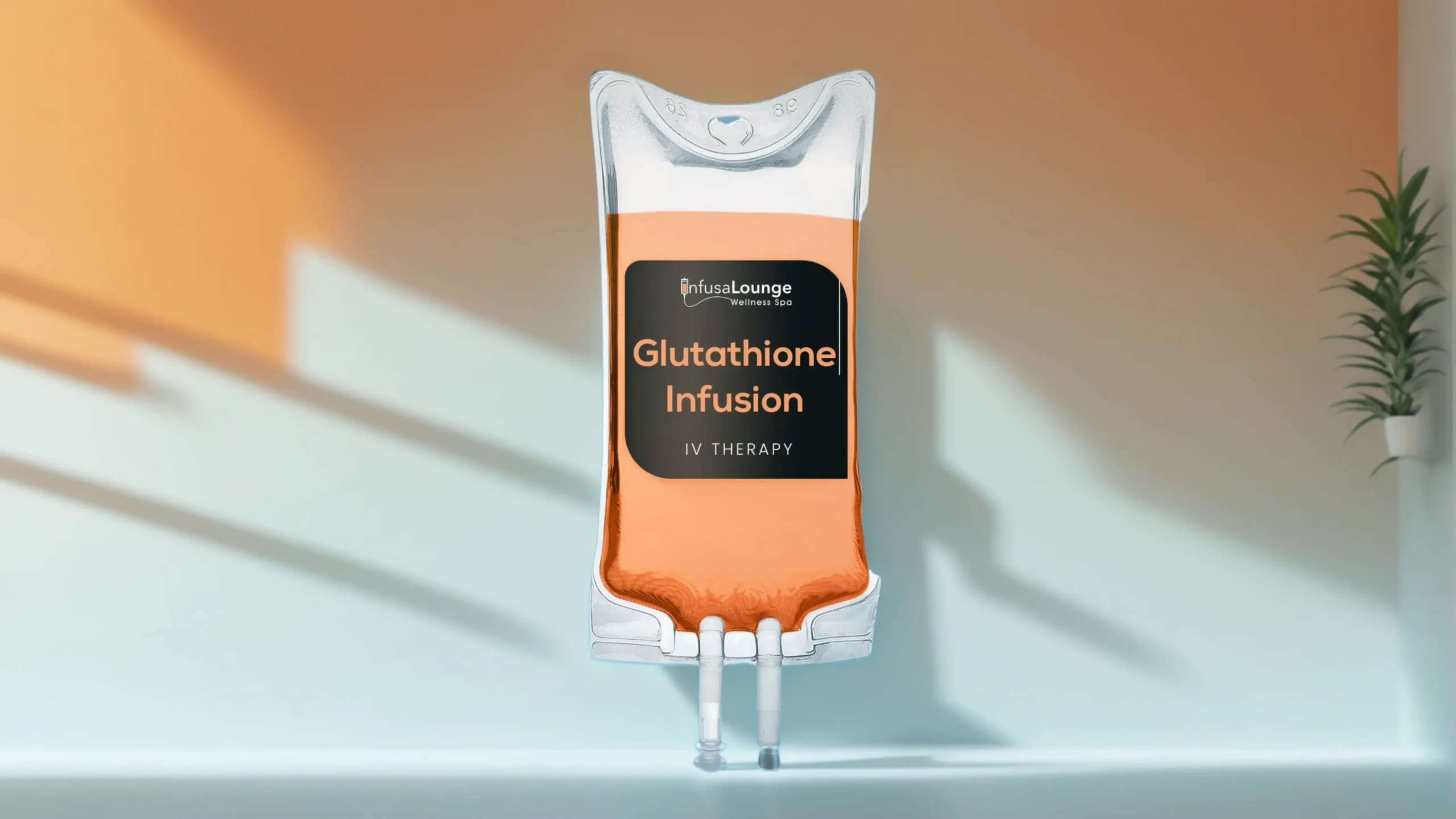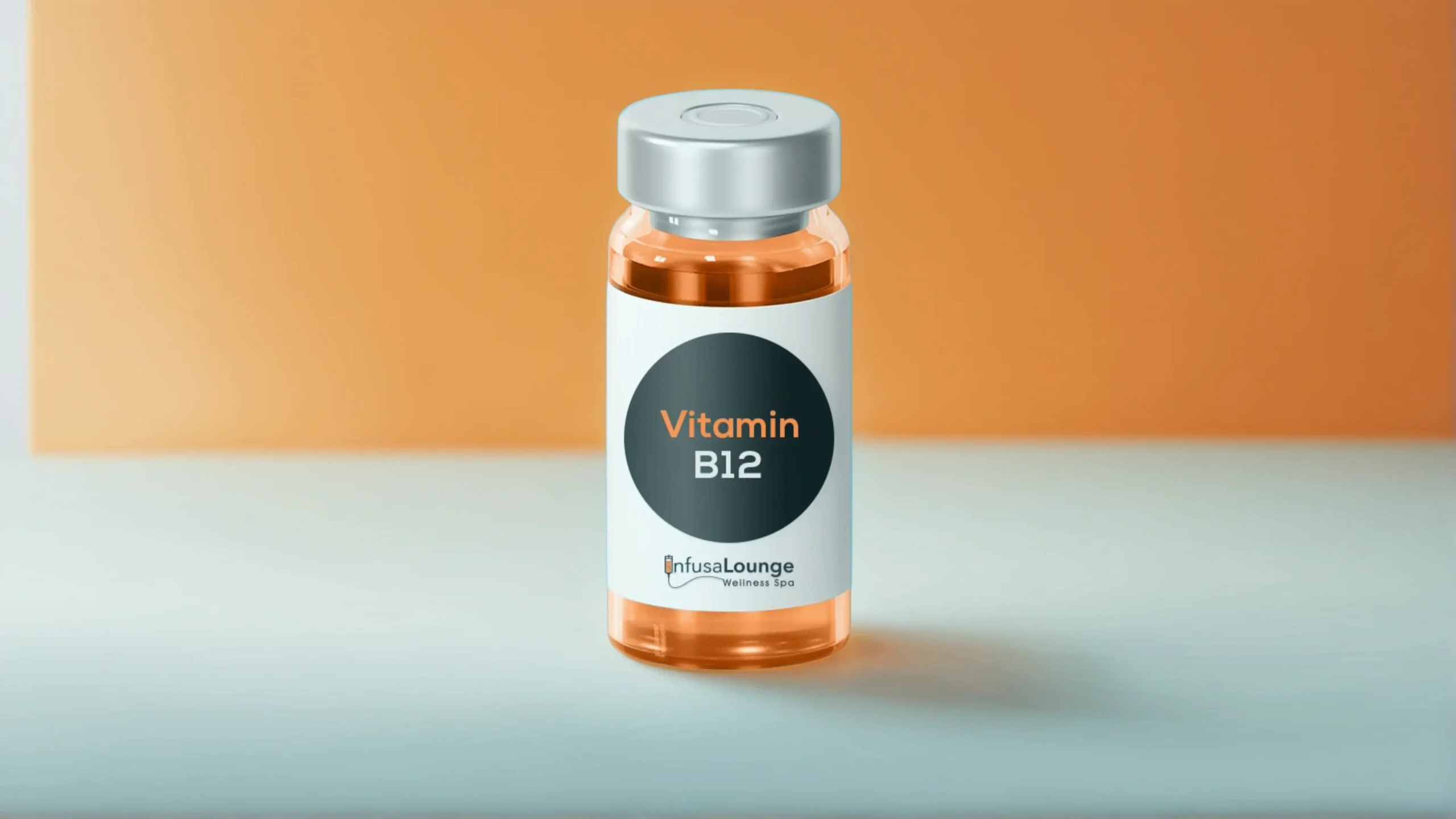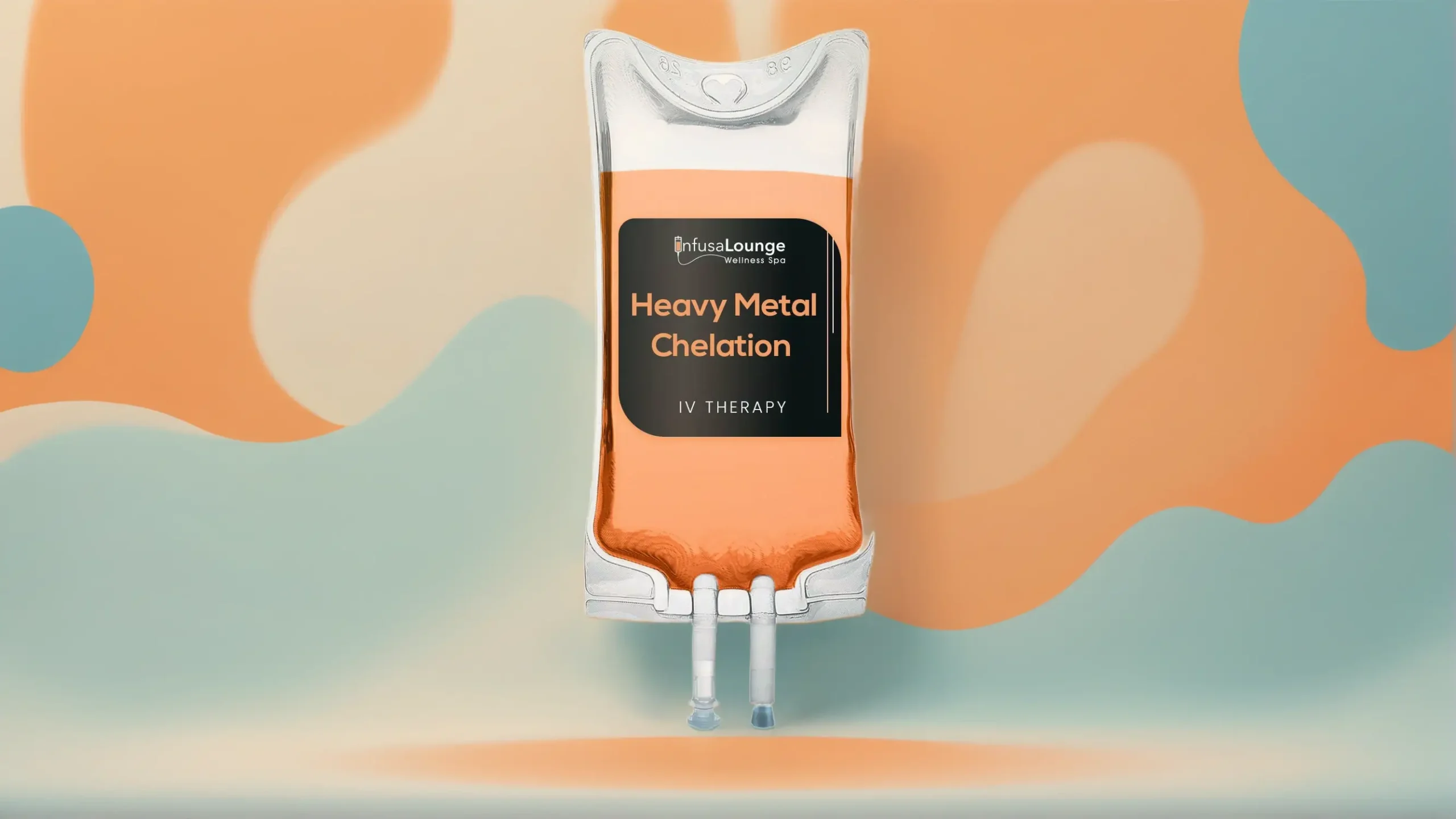High-dose vitamin C might sound like just another health trend, but recent studies are making some serious waves in the world of cancer treatment. If you or someone you love has faced a cancer diagnosis, you know how overwhelming the options can be. What if a simple vitamin could be part of the solution?
Exciting research suggests that high amounts of vitamin C do more than boost your immune system; they may actually help fight cancer cells and improve survival rates, especially in tough cases like pancreatic cancer. As we dive deeper into how this vitamin works, real-life stories and scientific evidence will shed light on its promising role as a complementary therapy in cancer care. So, let’s explore what high-dose vitamin C can really do for those battling this disease!

High-dose vitamin C has been shown to significantly enhance survival rates in cancer patients, particularly those with late-stage pancreatic cancer, according to recent studies that indicate it can double overall survival and improve the efficacy of chemotherapy. Researchers suggest that high doses of vitamin C work by generating hydrogen peroxide, which can effectively kill cancer cells, highlighting its potential as a complementary treatment in oncology.
High-Dose Vitamin C and Cancer
High-dose vitamin C has emerged not merely as a nutrient but as a potential warrior in the fight against cancer. What caught the attention of researchers is the ability of vitamin C, at elevated doses, to develop properties that can be harmful to cancer cells while being relatively benign to healthy tissues. During studies, including those conducted by the University of Iowa, patients with stage IV pancreatic cancer received hefty doses—around 75 grams—three times weekly. This sizeable intake led to significant findings: patient survival rates more than doubled, soaring from a mere eight months to an impressive sixteen months.
“The implications of these findings can be monumental for patients who often find themselves with limited options at such late stages of cancer.”
It’s not just statistics; real-world examples underscore its importance.
Patient Testimonials
Take John, for instance—a 56-year-old patient battling pancreatic cancer. His experience paints an optimistic picture; he reported a remarkable increase in his energy levels after starting high-dose vitamin C infusions. This boost allowed him to engage more actively in daily activities that once felt burdensome. More importantly, John noted a decrease in the side effects he had been experiencing from his chemotherapy regimen, which typically includes nausea and fatigue—side effects that can drain not only physical strength but also emotional resilience during treatment.
But while personal stories like John’s are powerful, they must be viewed through the lens of scientific credibility to understand this approach’s full promise.
The research backing high-dose vitamin C does not just come from isolated incidents or patient testimonials; it comes grounded in rigorous clinical studies. Experts suggest that when administered in high quantities, vitamin C violates its usual role as an antioxidant and instead acts as a pro-oxidant, producing hydrogen peroxide and other molecules that can shatter the cellular defenses of malignant cells. This mechanism could potentially transform chemotherapy’s effectiveness and open doors to new therapeutic strategies.
With all this information on hand, it’s crucial to recognize both the potential advantages and certain limitations associated with high-dose vitamin C therapy—balancing hope with caution is key for safety and efficacy. Understanding these elements will lay the groundwork for exploring how scientific studies substantiate its claims in cancer treatment.
Scientific Evidence Supporting Vitamin C
The research on high-dose vitamin C reveals a fascinating story of how this vitamin can act as an ally in the fight against cancer. One key mechanism is the way vitamin C produces hydrogen peroxide, a substance that can harm cancer cells while leaving healthy cells intact. This dichotomy makes it a subject of interest for clinicians and researchers alike.
In fact, various studies have shown that high doses of vitamin C can lead to cytotoxicity, meaning it actively kills cancer cells without damaging surrounding tissue—something many current treatments struggle with.
For instance, Dr. Cullen’s recent work involving late-stage pancreatic cancer patients presented compelling evidence. By administering high doses of vitamin C—specifically around 75 grams three times a week—patients not only saw improvements in their quality of life but also experienced a marked increase in progression-free survival time from 4 to 6 months. That’s quite significant given the challenging nature of late-stage cancers.
“Vitamin C helps orchestrate a safe attack on cancer cells,” says Dr. Cullen, highlighting the therapeutic potential locked within this common nutrient.
The impact of such treatment is not solely anecdotal; it has been backed by quantifiable data and clinical observations. The study reports notably doubled overall survival rates from an average of 8 months to 16 months among those treated with high-dose vitamin C. Such findings make clear that vitamin C could be more than just a supplement; it holds promise as a genuine treatment option in oncology settings.
Furthermore, it’s important to consider that the safety profile of high-dose vitamin C appears favorable when compared to conventional chemotherapy. While chemotherapeutic agents often bring along harsh side effects that diminish patients’ quality of life, the high doses of vitamin C tend to present far fewer complications. This factor alone draws interest from many seeking alternative or complementary treatments.
However, alongside these promising findings, there are still important considerations and limitations regarding further application and understanding of this nutrient’s role in oncology. Exploring these factors will provide deeper insights into its functionality in cancer treatment.
Mechanisms of Vitamin C in Cancer Treatment
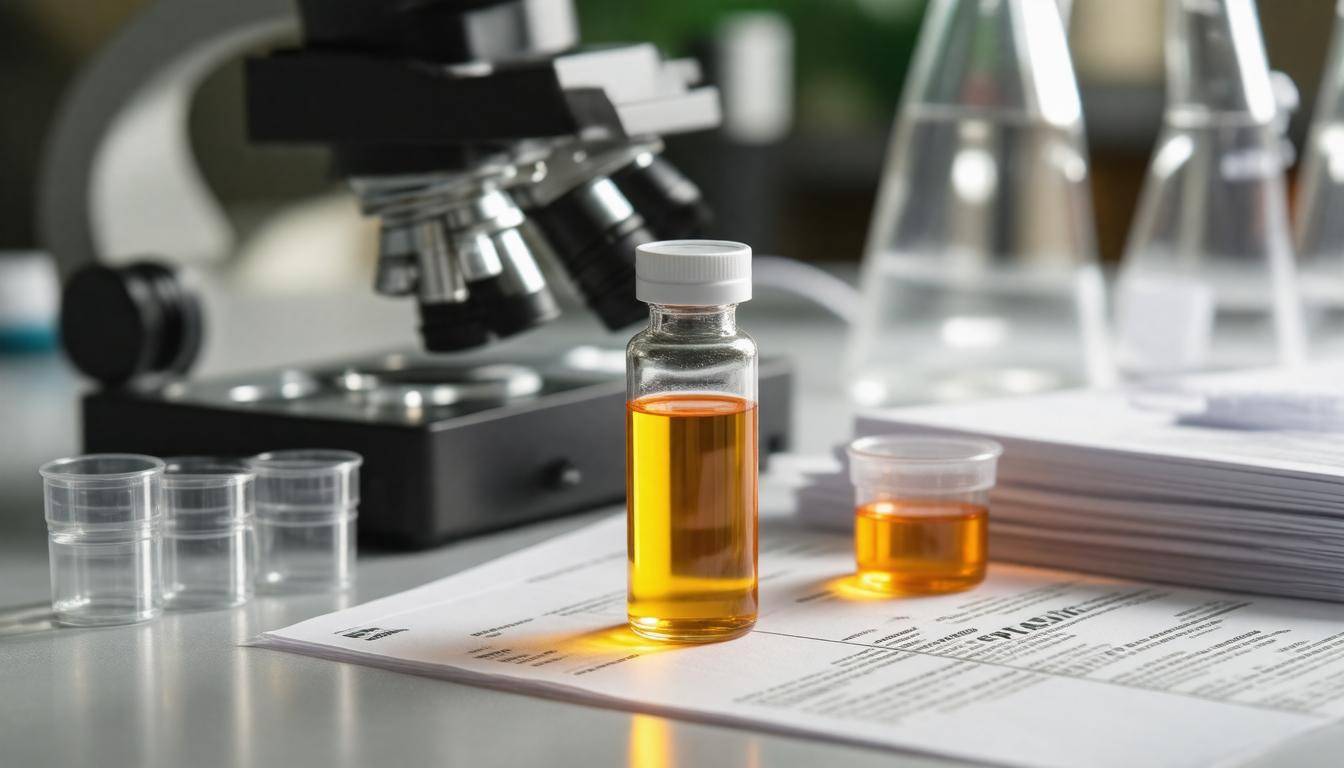
At elevated doses, vitamin C becomes more than just an essential nutrient; it morphs into a pro-oxidant. This shift occurs because high amounts of the vitamin can lead to the generation of hydrogen peroxide in the extracellular fluid surrounding the cancer cells. Here lies the interesting twist: most cancer cells lack a crucial enzyme known as catalase, which means they struggle to neutralize hydrogen peroxide effectively. As a result, these cells become susceptible to oxidative damage and can ultimately be destroyed by this oxidative stress.
The beauty of vitamin C lies in its dual role. While we often celebrate vitamin C for its antioxidant properties—helping protect our bodies from free radicals and improving overall health—its behavior changes dramatically at higher concentrations. In essence, it switches hats from protector to destroyer. By disrupting the balance of oxidative stress within and around cancerous cells, high-dose vitamin C can halt their growth and replication processes effectively. This is why researchers emphasize the importance of understanding this mechanism when considering treatment options.
| Mechanism | Effect on Cancer Cells |
|---|---|
| Oxidative Stress: | Generates hydrogen peroxide, leading to cell death |
| DNA Synthesis Inhibition: | Disrupts cancer cell replication, halting spread |
| Immune Modulation: | Enhances immune response, providing additional defense |
With these mechanisms in mind, it’s vital to pinpoint not just what vitamin C does but how it’s administered that influences its effectiveness against cancer. Transitioning now to explore the various ways high-dose vitamin C can be delivered will shed further light on its potential benefits.
Oral Versus Intravenous Vitamin C
While taking vitamin C orally can be beneficial for overall health—boosting immunity and aiding in tissue repair—it often falls short in achieving the high plasma concentrations needed to effectively combat cancer. This limitation arises because when vitamin C is ingested, the bioavailability peaks at around 200 mg per dose. After that point, the body cannot absorb more vitamin C effectively, leading to much of it being excreted rather than utilized.
“The high demand for vitamin C during cancer treatment underscores why many patient advocates and healthcare professionals are exploring intravenous (IV) options.”
IV vitamin C, on the other hand, bypasses this limitation entirely. When administered directly into the bloodstream, it achieves plasma levels that are 100 to 500 times higher than what oral intake can provide. This robust concentration can create a pro-oxidant effect that targets cancer cells more directly. In fact, research from clinical trials has demonstrated enhanced outcomes in patients receiving high-dose IV vitamin C compared to those relying on oral supplements. For instance, in one notable study involving breast cancer patients, those treated with IV infusions exhibited significantly better health outcomes.
The science behind this efficiency lies in how the body processes vitamin C. When taken via IV, the vitamin distributes rapidly throughout the body, allowing it to reach tissues and cells that need it most. According to recent findings published in reputable journals, this method amplifies not just the concentration of vitamin C available for cellular uptake but also its potential efficacy against tumor growth by enhancing oxidative stress within cancer cells—effectively weakening their defenses.
Furthermore, researchers have noted specific metrics associated with high-dose IV vitamin C treatments: patients often report improvements in both energy levels and quality of life as their bodies respond to the enhanced nutrient delivery method.
“In particular, some sources suggest that treatment with high doses could lead to fewer side effects when used alongside standard chemotherapy drugs.”
It’s almost as if your body is saying “thank you!” when given an express delivery of nutrients right where they count most. However, it’s important to note that managing such treatments should always be conducted under medical supervision due to potential side effects or complications that can arise from improper dosing.
With these insights into different administration methods, we can further explore how high-dose vitamin C may present both advantages and limitations in cancer treatment strategies.
Potential Benefits and Risks
High-dose vitamin C may offer promising advantages, particularly when used as a complementary therapy for cancer patients. One major benefit is its ability to enhance the efficacy of chemotherapy. Many studies indicate that when administered alongside traditional treatments, high-dose vitamin C can increase the sensitivity of cancer cells to chemotherapy agents, possibly leading to more effective treatment outcomes. This enhancement occurs because vitamin C generates hydrogen peroxide at elevated levels, which can selectively target and kill cancer cells while sparing healthy ones.
Moreover, it has been noted that high-dose vitamin C improves immune function. For patients battling cancer, maintaining a robust immune system is crucial, as treatment can often weaken their natural defenses. Vitamin C is known for its immune-boosting properties by stimulating the production and function of white blood cells. Enhanced immunity facilitates better recovery from treatments and may improve overall health during a vulnerable period.
Another significant advantage observed among patients receiving high-dose vitamin C is a reduction in cancer-related fatigue. Cancer treatments can leave patients feeling drained; however, many report experiencing increased energy levels and diminished fatigue after vitamin C infusions. This revitalizing effect allows patients to engage more fully in activities they enjoy or need to accomplish, contributing positively to their quality of life.
“In a study published in Nutrients, patients who received high-dose vitamin C reported fewer side effects from their primary cancer treatments, attributing this to the antioxidant properties that mitigate oxidative stress.*”
Nevertheless, it’s essential to consider potential risks associated with high doses of vitamin C. Gastrointestinal issues are common complaints among those who receive this treatment. Patients may experience symptoms ranging from mild discomfort to more severe complications such as diarrhea or abdominal pain. These effects can be particularly concerning for individuals already dealing with the side effects of cancer therapies.
Additionally, there is a risk of developing kidney stones with very high doses of vitamin C. While most people tolerate these doses well under medical supervision, exceeding recommended levels frequently can lead to crystallization and stone formation due to oxalate accumulation. Therefore, careful monitoring and appropriate dosage adjustments are critical in minimizing these risks.
Moreover, potential interactions with certain medications warrant attention. High doses of vitamin C could interfere with various treatments like chemotherapy drugs or anticoagulants, leading to unexpected complications. Hence, it’s crucial for patients to discuss their supplement plans with healthcare providers to navigate these possible interactions safely.
While high-dose vitamin C presents numerous benefits for supporting cancer treatment and improving patient experiences, any approach should always involve consultation with qualified medical professionals who can tailor recommendations based on individual health needs.
Balancing these aspects through careful consideration will allow medical teams to leverage the benefits while mitigating risks effectively. As research continues, further insights will emerge into how high-dose vitamin C can be best utilized within comprehensive cancer care strategies.
With ongoing studies shedding light on this therapeutic option, it becomes essential to look at concrete examples of its application in clinical settings.
Case Studies and Clinical Trials
Numerous clinical studies have emerged detailing how high-dose vitamin C can play a pivotal role in the fight against cancer. For example, a revealing case study from Stony Brook Medicine focused on a patient battling advanced ovarian cancer. During this trial, she was administered high-dose vitamin C along with her standard chemotherapy protocol. Remarkably, within three months, this combination led to a significant 50% reduction in tumor size, demonstrating the immense potential of vitamin C as a therapeutic agent. Stories like hers illustrate not just hope but also the tangible impacts that such treatments can have on individual lives.
Beyond individual success stories, broader clinical trials further validate these findings.
One notable phase II trial involving patients with non-small cell lung cancer provided additional evidence regarding the efficacy of high-dose vitamin C when used alongside conventional chemotherapy. In this study, those receiving the combined therapy showed a remarkable 20% higher response rate compared to those undergoing chemotherapy alone. These enhanced results suggest that high-dose vitamin C might not only be an adjunct therapy but could potentially amplify the benefits of existing treatment protocols.
The results seen in these studies contribute to a growing body of literature suggesting that high-dose vitamin C may enhance the effectiveness of traditional cancer therapies by acting in various ways—such as reducing oxidative stress in cells and improving immune function. As we continue researching this nutrient’s mechanisms, it becomes clearer why more wellness centers like InfusaLounge are offering high-dose vitamin C infusions as part of their treatment options for patients looking to bolster their cancer care strategies.
Ultimately, patients should consider the integration of innovative therapies into their treatment plans.
As illustrated by these case studies and trials, high-dose vitamin C is increasingly recognized as a valuable complement in cancer care. At InfusaLounge, knowledgeable staff can ensure tailored IV infusions help maximize individual health outcomes while addressing specific needs. With over 5,000 happy clients, many have found that combining cutting-edge treatments with traditional approaches allows for a holistic strategy to fight cancer effectively.
“Engaging with healthcare providers about avenues such as high-dose vitamin C infusions could bring new perspectives and options for many facing this difficult journey. Consider exploring what innovative treatments like vitamin C can do for your health and well-being.”

